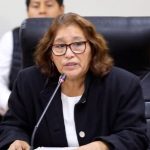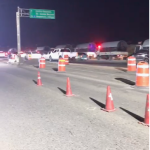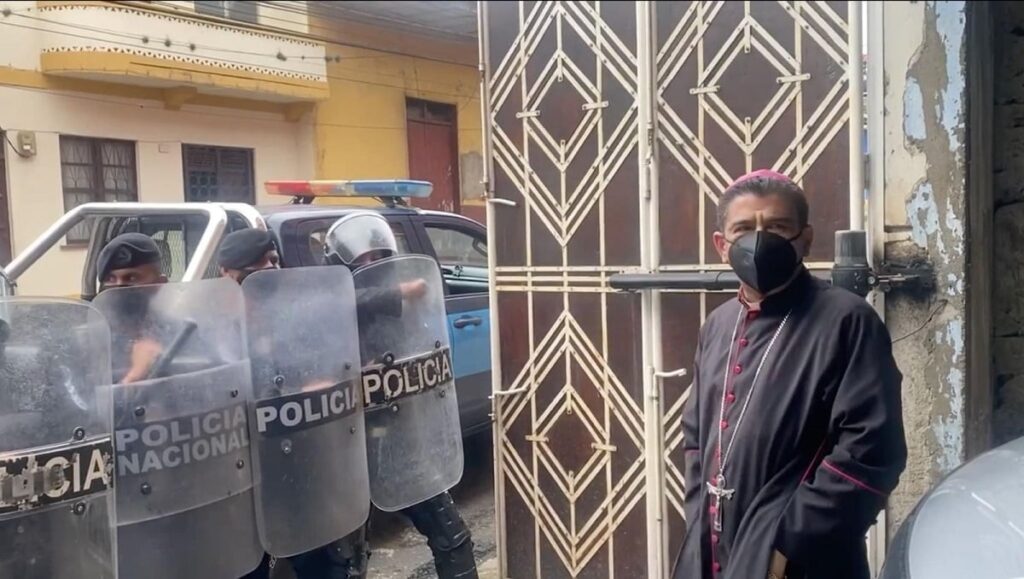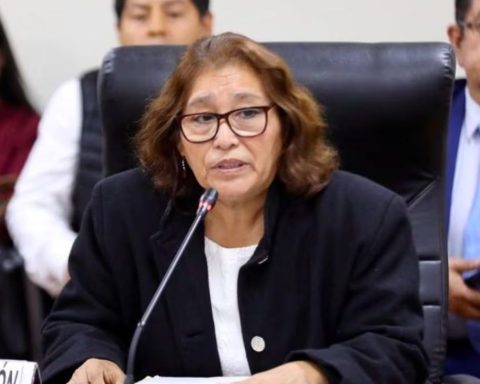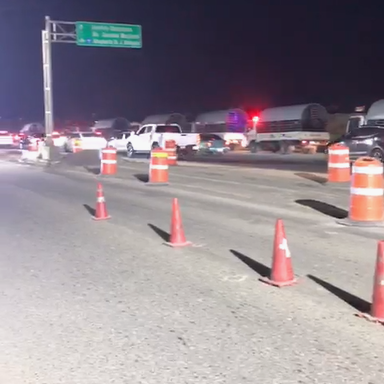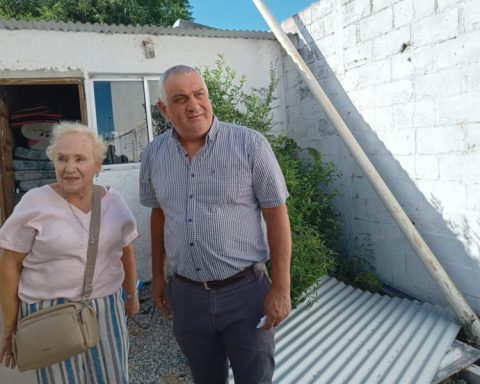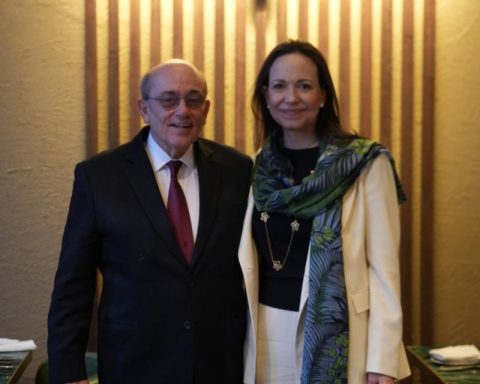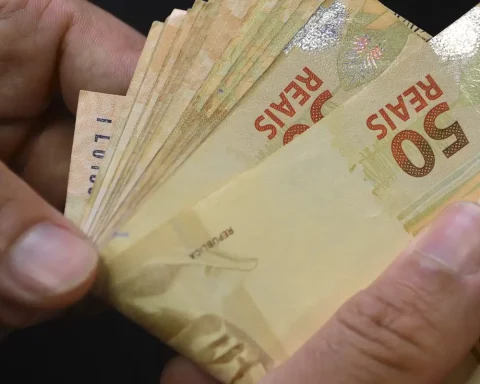The president of Peru, Pedro Castillo, went to the prosecutor’s office this Thursday to defend himself in the cases of alleged corruption for which he is being investigated, but he refused to answer the questioning, exercising his right to remain silent.
“I have told the prosecutor that I am not part of any criminal network, I am going to prove my innocence,” Castillo told reporters after concluding the hour-long investigation.
“I have robbed no one, I have killed no one, the people have put me here and I will always answer for the people,” he added, after returning to the Executive headquarters.
“That’s what I have responded to the prosecution,” said Castillo, who faces a record of five tax investigations for alleged corruption, an unprecedented situation in Peru for an incumbent president.
“I deny any attempt to obstruct justice, on the contrary, I reaffirm myself in always collaborating with the investigations that are required,” the president said on Twitter.
His lawyer Benji Espinoza specified that the president made a general statement before the Attorney General, Patricia Benavides, but later told her that he would exercise his right not to answer questions.
“For this moment, he is going to exercise his constitutional right to remain silent,” the lawyer clarified at a press conference.
The legal strategy will be to attend the next subpoenas but not answer questions, according to the defense.
Castillo attended the summons surprisingly after his defense announced on Wednesday that he would not attend, questioning the impartiality of the prosecution.
The cause for which Castillo attended this Thursday is about irregular promotions in the Armed Forces, where a complaint of payments in exchange for promotions is being investigated.
The prosecution is targeting the leftist president, in power for 12 months, for alleged crimes of influence peddling, criminal organization and collusion aggravated by causes involving his political and family environment.
Unlike the first time Castillo declared for four hours on June 27, this time the presidency launched a new strategy and chose to remain silent.
The change has been notorious since the delivery to justice, a week ago, of the former secretary of the presidency of Peru, Bruno Pacheco, one of the most wanted men in Peru.
Pacheco turned himself in after being a fugitive for more than 100 days and, according to the local press, his first testimonies to the prosecution affect the Peruvian president.
Peruvian law prevents the prosecution of a president while he is in power, but does not advance the investigations against him, the prosecution maintains. The term of Castillo, a 52-year-old former rural teacher, ends in July 2026.
